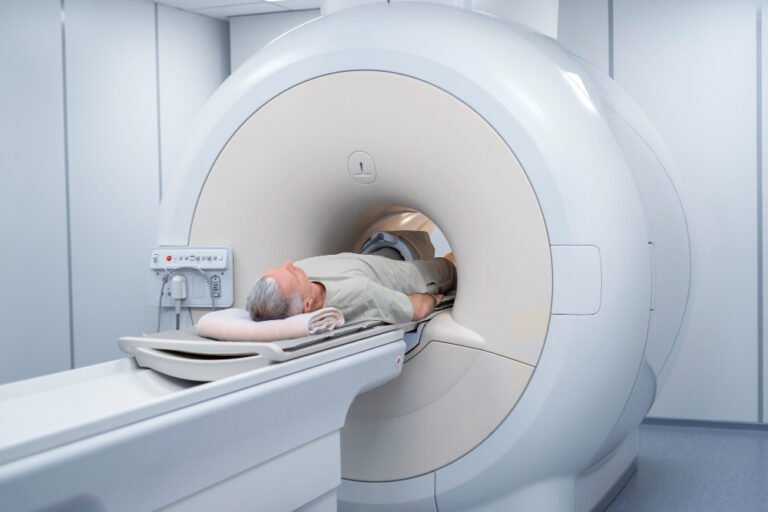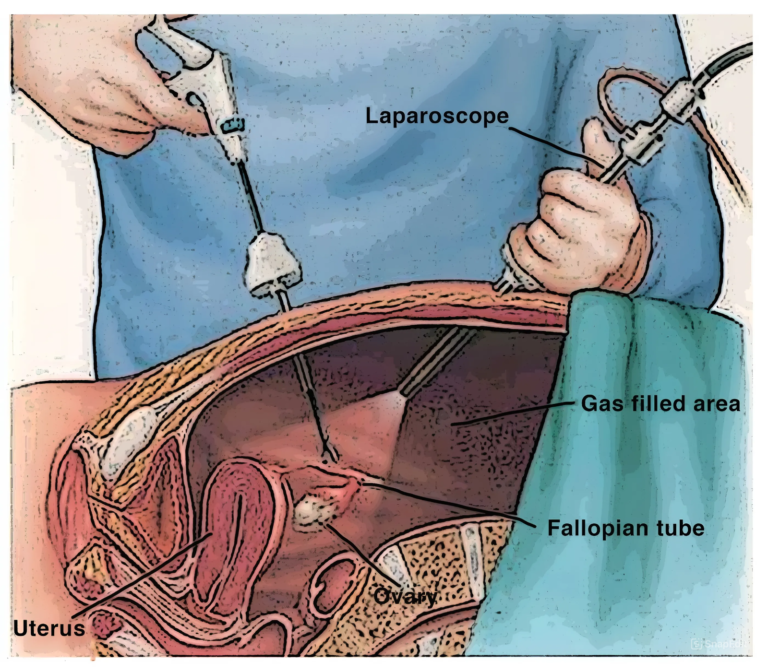Harnessing Healing Power: The Promise of Radiation Therapy.
In the realm of modern medicine, radiation therapy stands as a powerful tool in the fight against cancer and various other medical conditions. This innovative treatment modality harnesses the energy of high-energy radiation beams to target and destroy cancer cells while minimizing damage to surrounding healthy tissues. With its remarkable precision and effectiveness, radiation therapy holds the promise of offering hope and healing to countless individuals battling cancer and other diseases.
To Know More About It Please Click Here
Understanding Radiation Therapy
Radiation therapy, also known as radiotherapy, utilizes ionizing radiation to kill cancer cells or shrink tumors. This treatment can be delivered externally, using a machine called a linear accelerator, or internally, through the implantation of radioactive sources directly into or near the tumor site. The goal of radiation therapy is to deliver a precise dose of radiation to the affected area, effectively destroying cancer cells while sparing healthy tissues.
Precision and Targeted Treatment
One of the key advantages of radiation therapy lies in its ability to precisely target cancerous cells while minimizing exposure to surrounding healthy tissues. Advanced imaging techniques, such as computed tomography (CT) scans and magnetic resonance imaging (MRI), allow radiation oncologists to visualize the tumor and surrounding anatomy with remarkable detail. This information is used to plan the delivery of radiation beams, ensuring that the treatment is directed precisely to the tumor site while sparing nearby organs and tissues.
Types of Radiation Therapy
There are several types of radiation therapy, each tailored to meet the specific needs of individual patients and their unique cancer diagnoses. External beam radiation therapy (EBRT) delivers radiation from outside the body using a machine that rotates around the patient to deliver precise doses from different angles. Brachytherapy, on the other hand, involves the placement of radioactive sources directly into or near the tumor, allowing for targeted delivery of radiation to the affected area.
Applications in Cancer Treatment
Radiation therapy plays a critical role in the treatment of various types of cancer, either as a standalone treatment or in combination with surgery, chemotherapy, or immunotherapy. It is commonly used to treat localized tumors, such as those in the breast, lung, prostate, and head and neck region. Radiation therapy may also be employed to alleviate symptoms and improve the quality of life in advanced or metastatic cancers, providing palliative care to relieve pain and discomfort.
Managing Side Effects
While radiation therapy is highly effective in targeting cancer cells, it can also cause side effects due to its impact on healthy tissues. Common side effects may include fatigue, skin irritation, hair loss, and changes in bowel or bladder function, depending on the area being treated. However, advancements in radiation therapy techniques and supportive care strategies have helped minimize side effects and improve patient comfort and quality of life during treatment.
Looking to the Future
As technology continues to advance, the future of radiation therapy holds tremendous promise for further innovation and refinement. Emerging techniques such as stereotactic body radiation therapy (SBRT) and proton therapy offer even greater precision and effectiveness in targeting tumors while minimizing damage to surrounding tissues. Additionally, ongoing research efforts are exploring novel approaches to enhance the efficacy and safety of radiation therapy, paving the way for improved outcomes and better quality of life for patients.
To Know More About It Please Click Here
Conclusion
Radiation therapy represents a cornerstone of modern cancer treatment, offering hope and healing to millions of individuals worldwide. With its precision, effectiveness, and ability to spare healthy tissues, radiation therapy continues to play a vital role in the fight against cancer and various other medical conditions. As technology and research continue to advance, the promise of radiation therapy as a powerful tool in the pursuit of healing and recovery remains steadfast, offering renewed hope to patients and families facing the challenges of cancer treatment.








